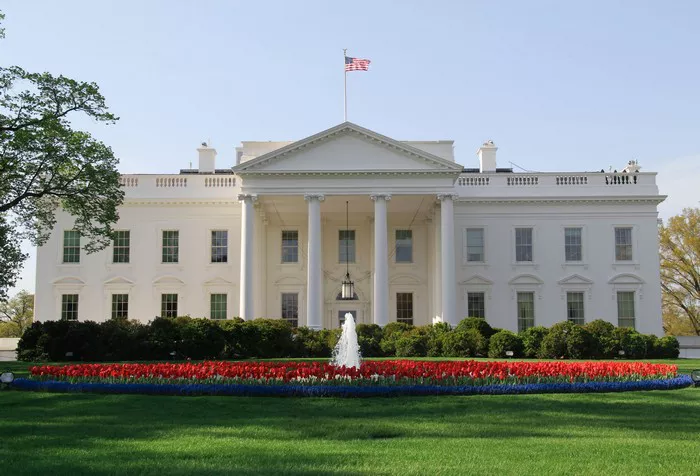The US government is planning significant changes to rules governing H-1B and L-1 visas, potentially increasing costs for companies hiring foreign tech workers. The Department of Homeland Security (DHS) and US Customs and Border Protection (CBP) are behind the proposal, which aims to impose new fees on visa extensions for these workers.
Currently, the 9/11 Response and Biometric Entry-Exit Fee applies only to initial petitions for H-1B and L-1 visas. This fee, established in 2015, supports national security efforts, including biometric tracking of foreign nationals entering and exiting the US. The proposed rule would expand this fee to cover all petitions, adding $4,000 for H-1B visa extensions and $4,500 for L-1 visa extensions.
Presently, only companies meeting specific criteria—more than 50 employees with over half on H-1B or L-1 visas—are required to pay extension fees. However, under the new rule, all companies applying for these visa extensions would be subject to the fee.
The DHS argues that these additional fees are necessary to enhance the biometric entry-exit system and ensure employers contribute equitably to national security efforts. If implemented, these changes could reshape hiring practices in the tech industry, potentially steering companies towards hiring American workers or those on different visa types.
Moreover, the proposed rules aim to tighten eligibility criteria for H-1B visas by requiring degrees directly related to the job specialty, which could impact fields like business administration. Critics argue this could hinder the US tech industry’s ability to attract top talent globally.
Indians, who constitute a significant portion of H-1B visa holders, could be disproportionately affected by these changes, potentially restricting job roles and increasing costs for Indian IT companies sending employees to the US.
The DHS has opened a 60-day public comment period, seeking feedback on the proposed changes until July 8, 2024. These regulations, initially proposed in October 2023, mark a pivotal moment in US immigration policy, with implications for both employers and foreign professionals seeking work in America’s tech sector.


